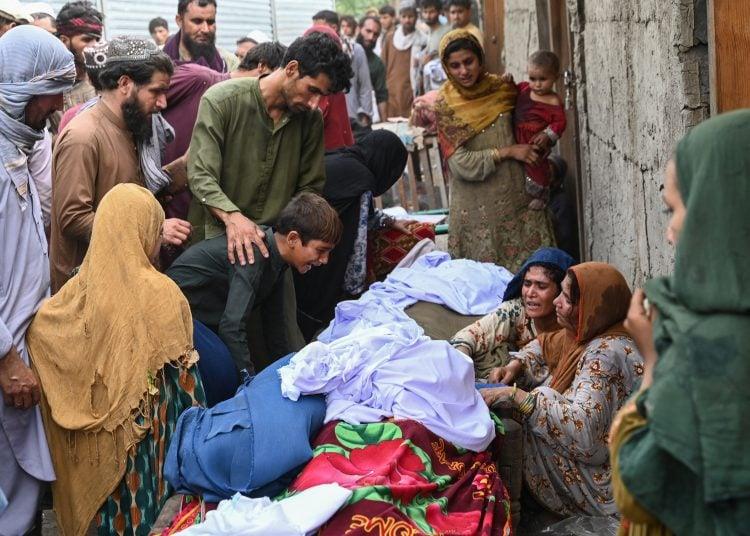
Survivors In Eastern Afghanistan Too Afraid To Return After Deadly Quake
Survivors of Afghanistan's recent earthquake in the eastern provinces remain too afraid to return to their destroyed villages, fearing aftershocks could trigger fresh rockslides from unstable mountains. Many families have pitched tents in fields and by riversides, while others sleep in the open without shelter.
According to Reuters, the devastation has left thousands living in makeshift camps across Kunar and Nangarhar provinces. The September quake killed more than 2,200 people, injured over 3,600, and flattened thousands of mud-and-stone houses. Aftershocks have triggered new landslides, trapping families between fragile mountains and overflowing rivers.
Aid groups rushed food and relief supplies by helicopter, but survivors say the assistance has been slow and scattered. Afghanistan's widespread poverty and lack of infrastructure have worsened the crisis, with some villages lying hours away from the nearest road, making access extremely difficult.
Displaced families now cluster in temporary settlements. In Shahidan village, farmer Shamsurrahman, who lost six relatives, sat by the roadside with his family of nine, their few belongings scattered around them. He explained that even the tents provided were too small for his children, and during their escape down the mountains, he had to share his shoes with his son.
For others, displacement feels permanent. Fifty-one-year-old Gul Ahmad, standing with his relatives in the scorching sun, said he will not return to his destroyed home.“Even light rain can send stones crashing down on us. The government must find us a safe place,” he insisted.
International aid agencies warn that without adequate shelter, clean water, and food, survivors risk disease outbreaks and deeper poverty in one of the world's most disaster-prone countries. Children are especially vulnerable: twelve-year-old Sadiq was pulled alive from the rubble after being trapped for eleven hours, though his grandmother and cousin did not survive.
The scale of human suffering has underscored the urgency of global assistance. Relief workers stress that Afghanistan cannot face this crisis alone, and without expanded international support, the quake's aftermath could deepen instability and prolong misery for tens of thousands of already vulnerable people.
ShareFacebook Twitter WhatsApp Email Print Telegram
Legal Disclaimer:
MENAFN provides the
information “as is” without warranty of any kind. We do not accept
any responsibility or liability for the accuracy, content, images,
videos, licenses, completeness, legality, or reliability of the information
contained in this article. If you have any complaints or copyright
issues related to this article, kindly contact the provider above.

















Comments
No comment